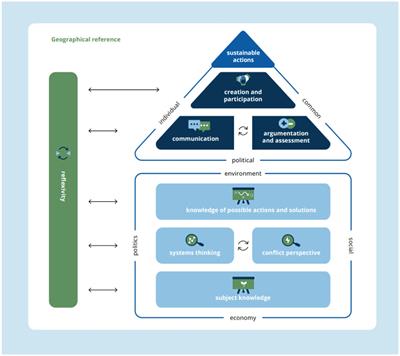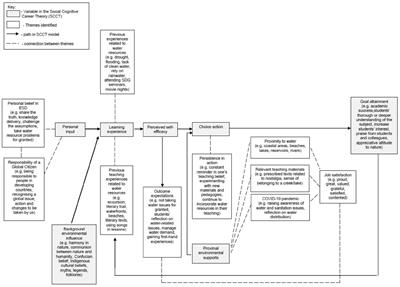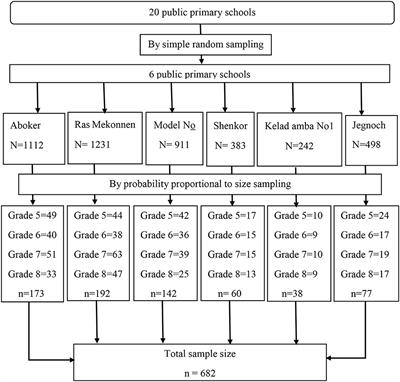EDITORIAL
Published on 16 Apr 2024
Editorial: Towards 2030: Sustainable Development Goal 6: clean water and sanitation. An educational perspective
doi 10.3389/feduc.2024.1405207
- 879 views
3,671
Total downloads
19k
Total views and downloads
EDITORIAL
Published on 16 Apr 2024
ORIGINAL RESEARCH
Published on 11 Jan 2024

ORIGINAL RESEARCH
Published on 11 Jan 2023

ORIGINAL RESEARCH
Published on 03 Nov 2022

ORIGINAL RESEARCH
Published on 13 Jan 2022

